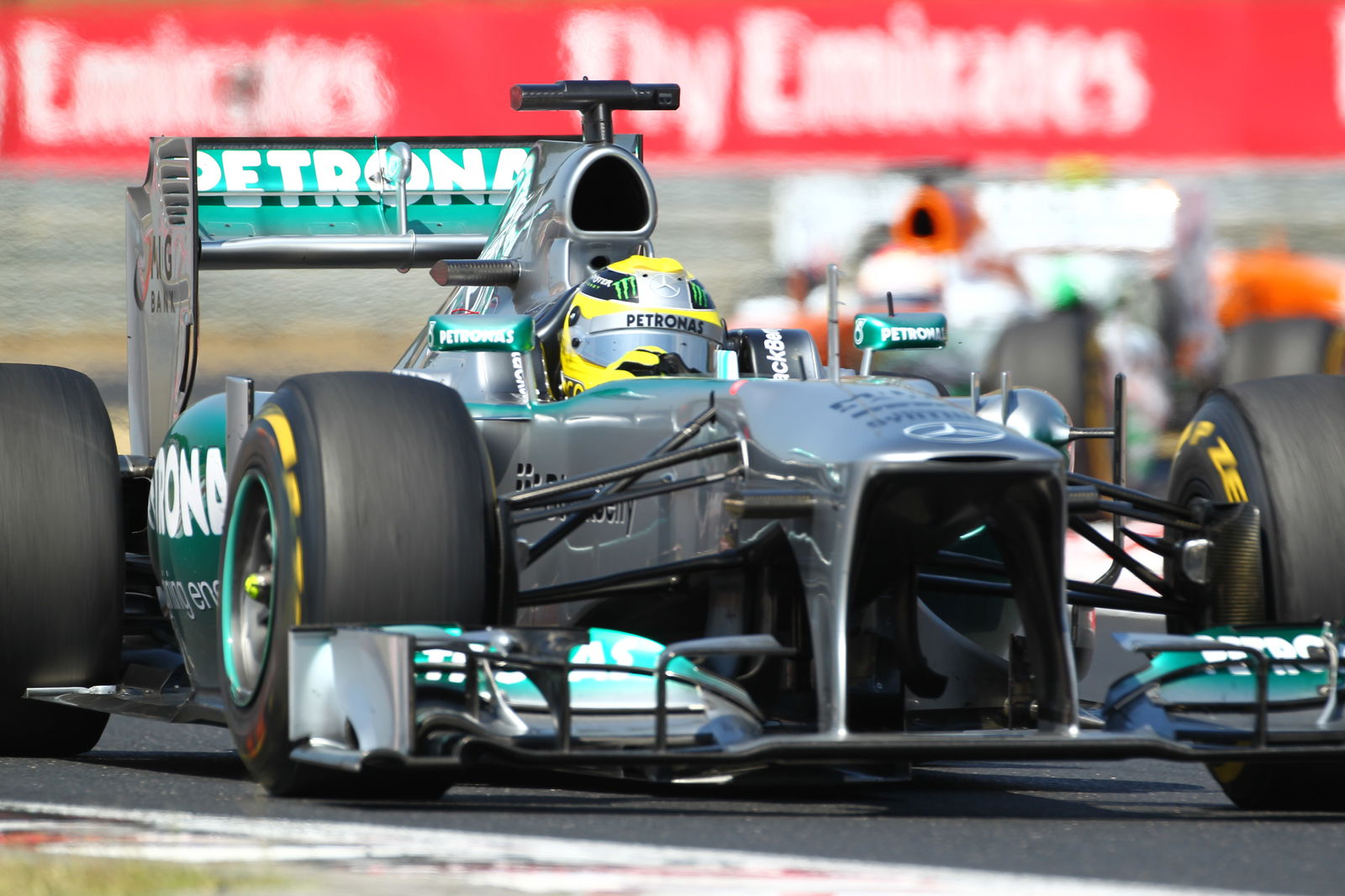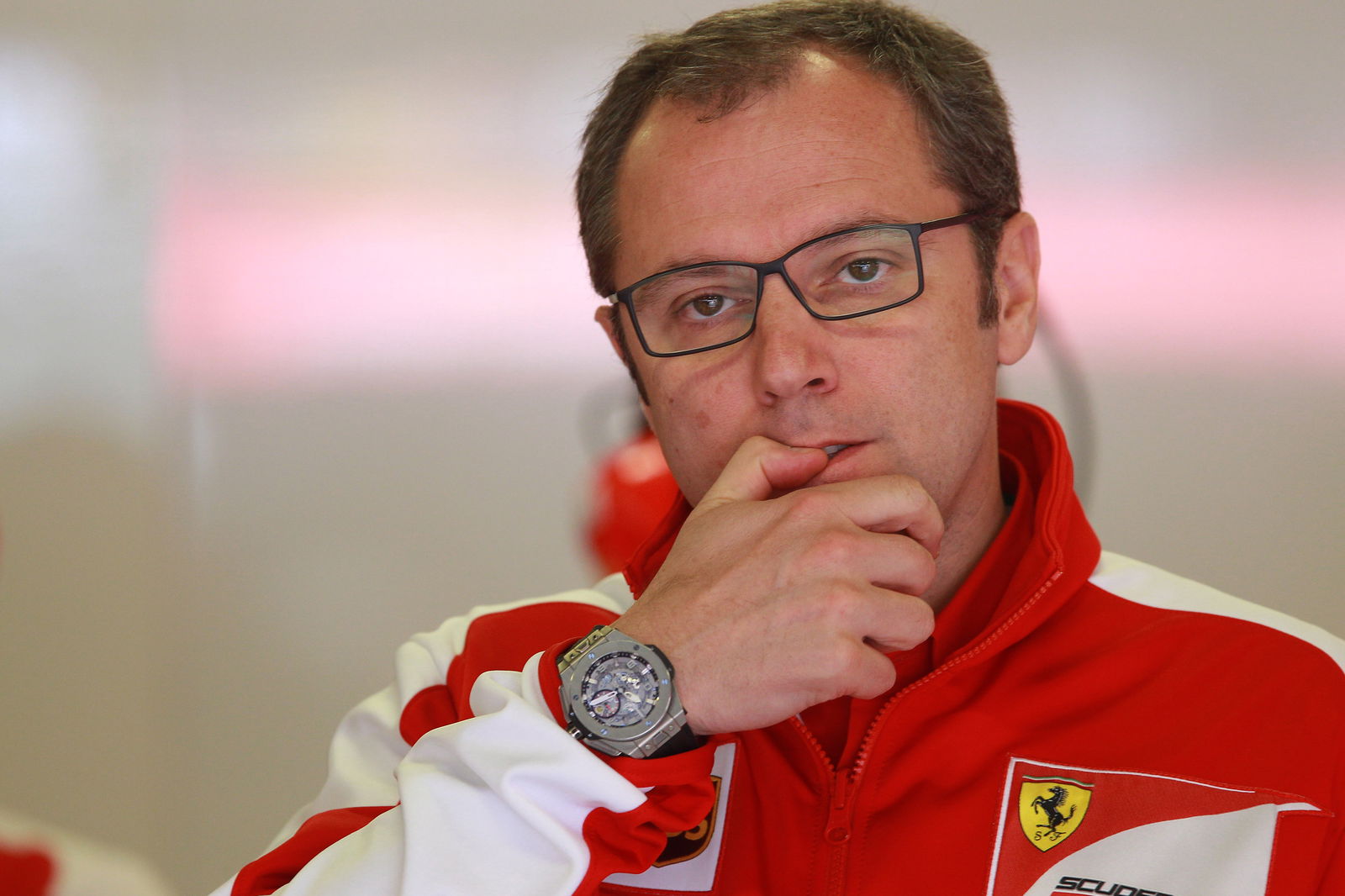Fears persist that F1 costs are 'simply running away'

Toro Rosso principal Franz Tost has admitted that his backing for more races on future F1 calendars is driven by the fact that they would provide more revenue for the teams.
The Austrian was in the minority when it came to backing the possible addition of two or more races to the schedule in coming seasons, but later explained that, with no signs of the sport becoming any cheaper for its competitors, the other option was to earn more from it.
"There is no cost-cutting in F1," he told journalists during the Hungarian Grand Prix weekend, "F1 is expensive, we all know that. Next year we will have an increase of - I don't know - 15, 20 million [dollars] and that's reality.
"This is the reason why, as I said before, the more races we do, the more income we have. We have to show a good entertainment, that sponsors are interested in F1 and we have to go all over the world to different countries which are important for our sponsors. I think that real cost cutting will not happen - F1 was expensive and F1 will always stay expensive.
"As long as the cars are on the starting grid, as long as we are racing, this is the reality of F1. We should think how we could come down with the costs but, if I look at next year, what has been decided is we get a new power unit package, which is more expensive than the current one, and we've brought back testing, which costs even more money. That means we are discussing different directions.
"The most efficient cost-cutting was from 2009, 2010 when we said 'okay, we don't do any more testing' and when the engines were frozen, [with] no development on this side. That meant that engine costs came down and, during the last [few] years, everything was quite stable. But, next year, I'm worried about the costs because they are simply running away...."
Tost's fears were echoed by other team bosses, particularly those at the 'wrong' end of the grid who can only watch as the rich get richer - and continue to spend vast amounts of money on the tiniest of time improvements.
"It's human nature to spend whatever people have to spend, so I guess that limiting expense is difficult," Caterham's Cyril Abiteboul admitted, "I think the only time that F1 did a fairly good job limiting costs was by putting some cap on engine costs and also limiting the number of engines used, so I think it's only by policing the product that is on the track that you will have a more direct influence on the overall costs, rather than looking at what's happening in the factory. That's my belief.
"There is the question about distribution and cost control and level playing fields, but I think we need to make sure that F1 as a whole is properly valued so we are not living above our standards. Like any household, we are making sure not to spend more than we receive, generally.
"The question of distribution is something different, and it is true that there are some studies that demonstrate that, as a sport, we tend to be struggling in comparison to other sports like the NBA [or the] NFL, which do not have the sort of costs that we have. We are highly technological, we are driven by innovation, we need to be manufacturing I don't know how many composite parts per year. So I think maybe we need to put the efficiency of the business at the foreground of performance."
While back of the grid rival Marussia concedes that its rising costs are largely the product of its planned expansion as a relative newcomer to the top flight but, for seasoned veteran Williams, there is the realisation that it needs to work harder away from the track in order to keep pace on it.
"I think cost control is the most important thing," deputy team principal Claire Williams confirmed, "But then we're looking at an escalation in engine costs next year which, for a team like Williams, is always difficult.
"We've always found a budget which we need to go racing, [and] our costs, over the past couple of seasons at least, have remained relatively stable. Obviously, those are escalating next year, but it's our responsibility to ensure that we find the budget that we need in order to keep us racing at a competitive level.
"It's my job to get the money into the team, so it always worries me when I'm looking at an escalation in costs and, whether it's sensible and whether it's sustainable, this is a sport that we race in and it's an expensive sport.
"I think my biggest concern is the disparity between budgets of teams and I think that, in order to have a level playing field in F1, in order to remain competitive in F1, there has to be some kind of control over costs so that we are actually operating on a fair and even platform, rather than having some teams racing with a 50 million pound budget compared to teams racing with a 250 million pound budget or 200 million pound budget. That's one of the biggest issues we have facing us at the moment."
Even Mercedes, reckoned to be amongst the wealthiest teams thanks to the backing of the German auto giant, realises that costs can't be allowed to spiral out of control, with Toto Wolff linking the sport to the wider economic realities of the wider world.
"We can't close ourselves out from the real world and it's pretty tough out there at the moment," he admitted, "On one side, we want to be competitive and successful on track, because this is the reason why we're here, but, on the other side, there is an economical reality which we must respect.
"For us at Mercedes, it's all about being efficient, about not spending money where it's not necessary, but staying competitive - or being competitive. There is a bunch of new regulations kicking in next year and we have to look carefully at all the steps and decisions we are making because we cannot allow costs to escalate. This is very important for us as well.
"The team environment is very difficult but, as Claire said, it's about getting the money in and finding the sponsorship. At the moment, I have the feeling that it is getting a little bit better - we must not forget that F1 is the number one sport platform in the world. We are going international with all the new races coming in, so I am nevertheless very optimistic."
The money the teams receive from the sport has increased in recent years, with a report in Britain's Daily Telegraph claiming that the 'hundreds of millions of pounds in dividends paid out from F1's profits' received by majority shareholder CVC 'still comes to around the same as the team prize money payments since the private equity firm took over'. According to the figures in the report, the amount received by the teams 'rose by ?292.9m ($450.5m) to ?454m ($698.5m) in just the four years to 2011'.
Pitpass business editor Christian Sylt recently revealed that F1's 2011 UK corporation tax payments were just ?945,663 on pre-tax profits of ?305.6m, as a result of loopholes apparently approved by HM Revenue & Customs, while CVC has also taken advantage of low interest rates to refinance the sport's ?1.6bn ($2.5bn) debt and reduce its borrowing costs by paying back the existing loan and taking out a new one at the better rates on offer.
Although the $2.5bn of net debt remains, CVC claims that a two per cent reduction in interest rates shaves around $50m a year off its costs.

